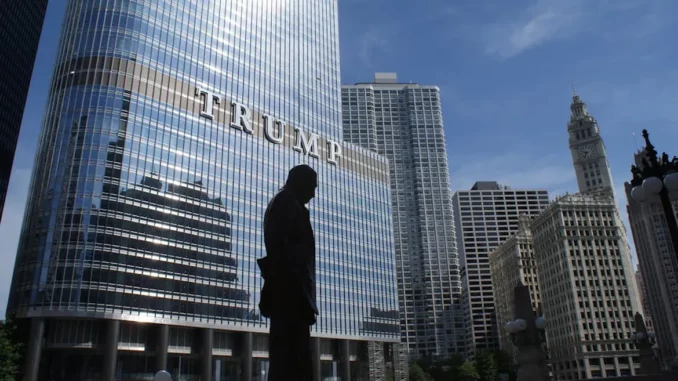
In the second presidential debate of the 2024 election cycle, Vice President Kamala Harris and former President Donald Trump clashed over various pressing issues, yet conspicuously omitted any discussion on cryptocurrency. Given the rising influence of digital currencies on the global economy and their growing significance to a considerable segment of the electorate, this absence was particularly striking. The debate, heavily centered on the economy, immigration, and foreign policy, left many crypto enthusiasts and investors feeling overlooked.
The cryptocurrency market was quick to react to the candidates’ silence on the topic. Bitcoin’s price took a noticeable hit, reflecting the market’s disappointment and the uncertainty surrounding future U.S. crypto policy. Analysts have speculated that a Harris administration might pose challenges to the crypto market, while a Trump victory could potentially lead to substantial gains for Bitcoin. Despite this, neither candidate has provided any definitive stance on cryptocurrency, leaving voters with little insight into their potential policies.
The debate addressed a wide range of topics, from the economy and abortion rights to immigration and foreign policy. However, the lack of discussion on cryptocurrency was a glaring omission, especially considering its relevance to the economy and technology sectors. Throughout the debate, Harris remained composed, while Trump appeared agitated at times, making several inaccurate statements according to fact-checking agencies.
The market reactions were swift and telling. On the decentralized betting platform Polymarket, Trump’s odds of winning the election dropped by as much as 3%, placing him and Harris nearly even in terms of election odds. This uncertainty was mirrored in the crypto market, where Bitcoin’s price dropped by $1,000 within an hour following the debate, reaching a local low of $56,099. Market analysts have speculated on the potential impacts of the election results on the crypto market, with some predicting that a Trump win could drive Bitcoin’s price to $90,000 by year-end due to his support for the crypto industry and promises to dismantle current anti-crypto regulations. Conversely, Harris’ ambiguous stance on crypto has led some to believe that her victory could see Bitcoin’s price fall as low as $30,000.
Harris’ campaign has largely focused on economic innovation but has notably avoided mentioning cryptocurrency or blockchain technology. Her platform emphasizes a fairer tax system and policies aimed at benefiting the middle class. While her campaign plans to support innovation in sectors like artificial intelligence and semiconductors, there is no direct mention of crypto. This stands in contrast to Trump’s campaign, which champions innovation using cryptocurrency. Despite the absence of crypto discussions in the debates, the industry has significantly influenced the 2024 election cycle. Crypto-backed super PACs have raised more than $202 million, with the largest PAC spending over $70 million, primarily targeting Democratic candidates. However, crypto has yet to emerge as a top issue for American voters, with polls indicating that the economy, inflation, and immigration are more pressing concerns.
Cryptocurrencies are expected to play a significant role in the upcoming U.S. presidential election, as many American crypto investors are concerned about candidates’ approaches to regulating the industry. According to a report from Gemini, a significant majority of U.S. crypto owners plan to consider a candidate’s stance on crypto regulation when voting in November. The report, based on a survey of 6,000 adults across several countries, found that 73% of U.S. crypto holders said a candidate’s position on crypto would influence their vote, with 37% stating it would have a substantial impact.
This marks the first time in U.S. history that crypto has become a serious issue in a presidential election. Despite increasing concerns over regulatory uncertainty as a barrier to investing in crypto, U.S. investors seem to be gradually shifting towards cryptocurrencies. The percentage of respondents with no crypto exposure dropped from 75% in 2022 to 65% in 2024, and the number of past crypto investors increased from 5% in 2022 to 14% in 2024.
While some reports, such as one from the U.S. Federal Reserve, suggest a decline in crypto usage among U.S. adults, Gemini’s findings indicate growing awareness of crypto’s role in the economy and politics. As the election approaches, it remains to be seen whether the candidates will address this critical issue and provide clarity on their crypto policies. The silence on cryptocurrency in the debates has left a vacuum that both candidates may need to fill to fully engage a segment of the electorate that is increasingly invested in the future of digital currencies.

Be the first to comment